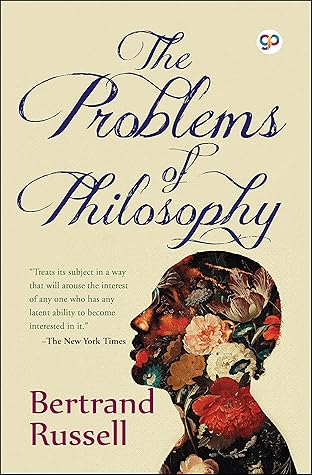More on this book
Community
Kindle Notes & Highlights
Hence common sense leaves us completely in the dark as to the true intrinsic nature of physical objects, and if there were good reason to regard them as mental, we could not legitimately reject this opinion merely because it strikes us as strange. The truth about physical objects must be strange.
Thus we must either accept the inductive principle on the ground of its intrinsic evidence, or forgo all justification of our expectations about the future. If the principle is unsound, we have no reason to expect the sun to rise to-morrow, to expect bread to be more nourishing than a stone, or to expect that if we throw ourselves off the roof we shall fall.
When Swift invites us to consider the race of Struldbugs who never die, we are able to acquiesce in imagination. But a world where two and two make five seems quite on a different level.
If our dreams, night after night, were as coherent one with another as our days, we should hardly know whether to believe the dreams or the waking life. As it is, the test of coherence condemns the dreams and confirms the waking life.
The value of philosophy is, in fact, to be sought largely in its very uncertainty. The man who has no tincture of philosophy goes through life imprisoned in the prejudices derived from common sense, from the habitual beliefs of his age or his nation, and from convictions which have grown up in his mind without the co-operation or consent of his deliberate reason.


